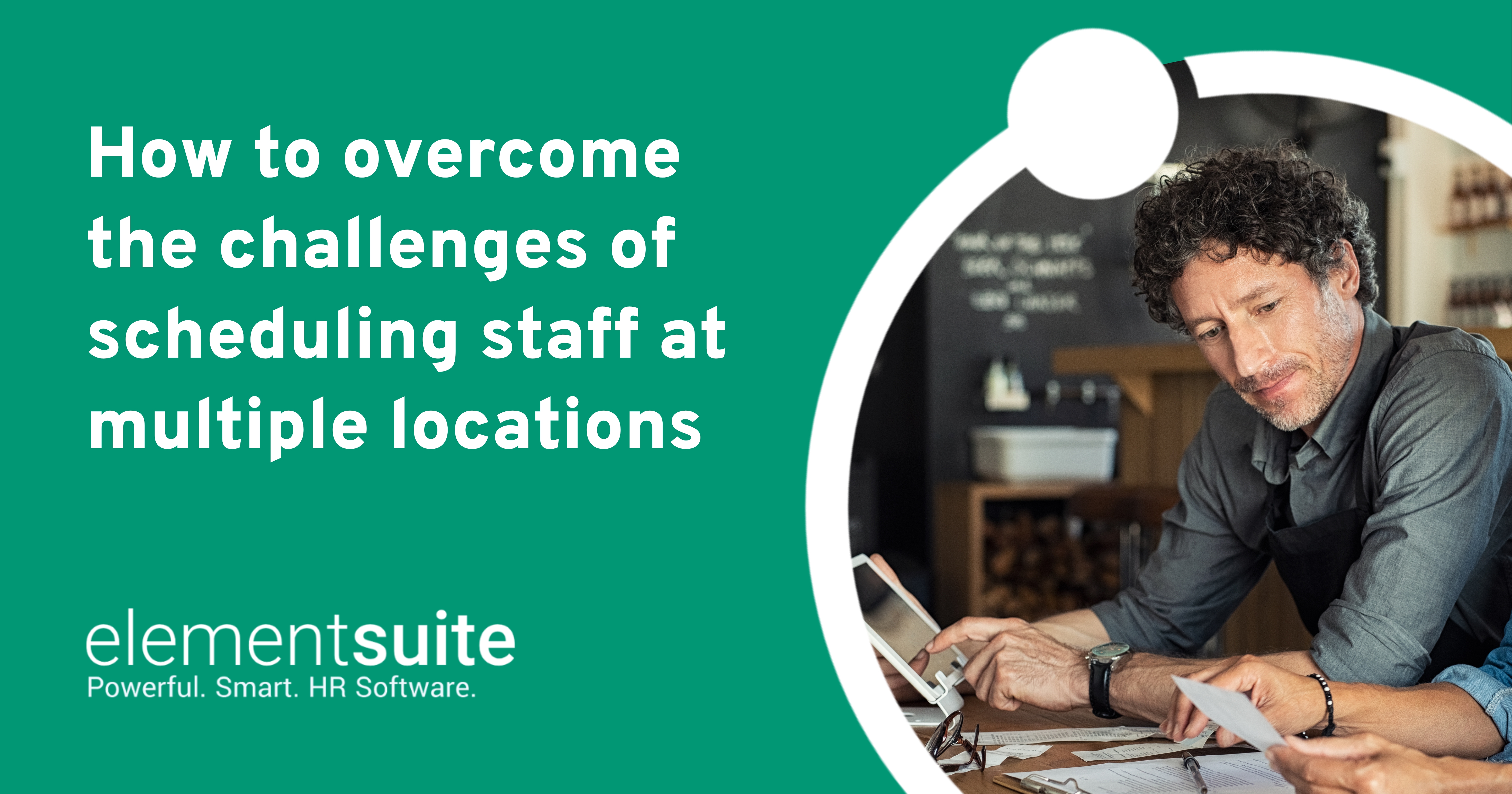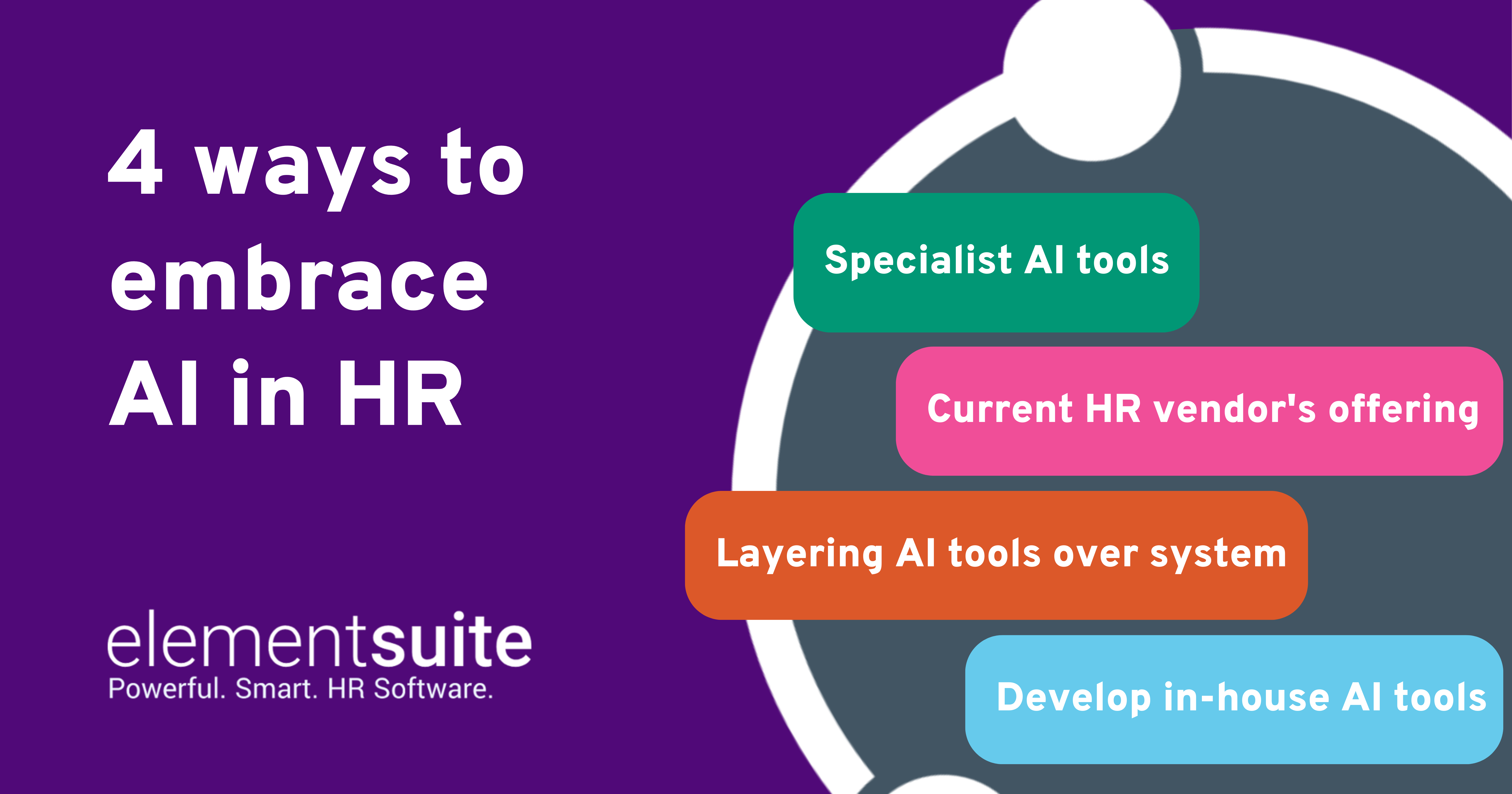Nailing work-life balance in an unsociable industry
It’s no secret that the hospitality industry can be somewhat unsociable, what with many late nights, regular weekend work and long working days – meaning such working patterns can make it difficult to recruit team members. But with traditional ways of working becoming more flexible than ever before, the hospitality industry appears to be on the back foot. Therefore, creating a fair and flexible working culture through the use of digital HR systems is key – and what’s more, it’s doable.
Recruitment
The working world has shaped significantly in recent years and operators need to keep up. It’s no secret that the hospitality industry is struggling to recruit across the board, therefore the small existing talent pool have the luxury of being picky, which leads us to ask, “why should they work for you?”
Employers who can offer a work-life balance and more fluid working options are only going to reap the rewards. From better pools of talent and a competitive edge, to retention and engagement – the benefits are endless. Younger generations, particularly millennials, perceive a good work-life balance as significantly more important to that of the baby boomer generation, therefore flexibility is only going to increase your chances of attracting the strongest teams, and even better, keeping them.
Fair and square
This is all about balancing the needs of the business with fair and equitable working. Most, if not all restaurants will experience high peaks and troughs, i.e. afternoons mid-week may be the quietest time, therefore split shifts for the ‘on the ground’ teams, is the only way to operate efficiently. Whereas, employees with less demanding shift patterns i.e. cleaners these style of shifts can be minimised. The role of HR platforms is to provide operators and employees with transparency on fair working, and to enable team member’s choice and flexibility, with options to shift swap and multi-site working.
Operators should look to implement tangible parameters to individuals’ working hours. For example limitations to maximum consecutive night shifts in a week etc. to ensure team members can achieve that work life balance – and most importantly being fair amongst all employees. Digital systems should have the ability to configure all of this data, and flag any working restrictions as a ‘warning’ or ‘critical’, allowing very little room for human error or oversight.
With digital platforms handling scheduling right at the fingertips of managers and employees, it is now easier than ever to log in and ‘shift swap’ with colleagues, without having to go through the manager as a middle man – a time saver for everyone. Whilst, managers can have the final say, they won’t normally mind who is doing what shift and when, as long as the shift is covered and everything is organised ahead of time. Whilst short or split shift working patterns won’t suit all, for many they offer flexibility and benefit the operator, ensuring individuals are in at the right place and at the right time , and if used fairly this can benefit both. Win, win!
Health and well-being is on every employer’s agenda, and it should be no different in hospitality. If a team member feels valued and respected and is allowed some choice and flexibility when required, they’re only going to work harder and deliver higher retention levels. Staff churn is undoubtedly high in hospitality, and employers need to offer teams more reasons to work there in order to keep them engaged and happy within their roles. The workforce is ever-changing and with the adoption of new technologies it is important that operators implement new methods of working to better suit the needs of their employee and their business, because ultimately happy staff = happy customers.




